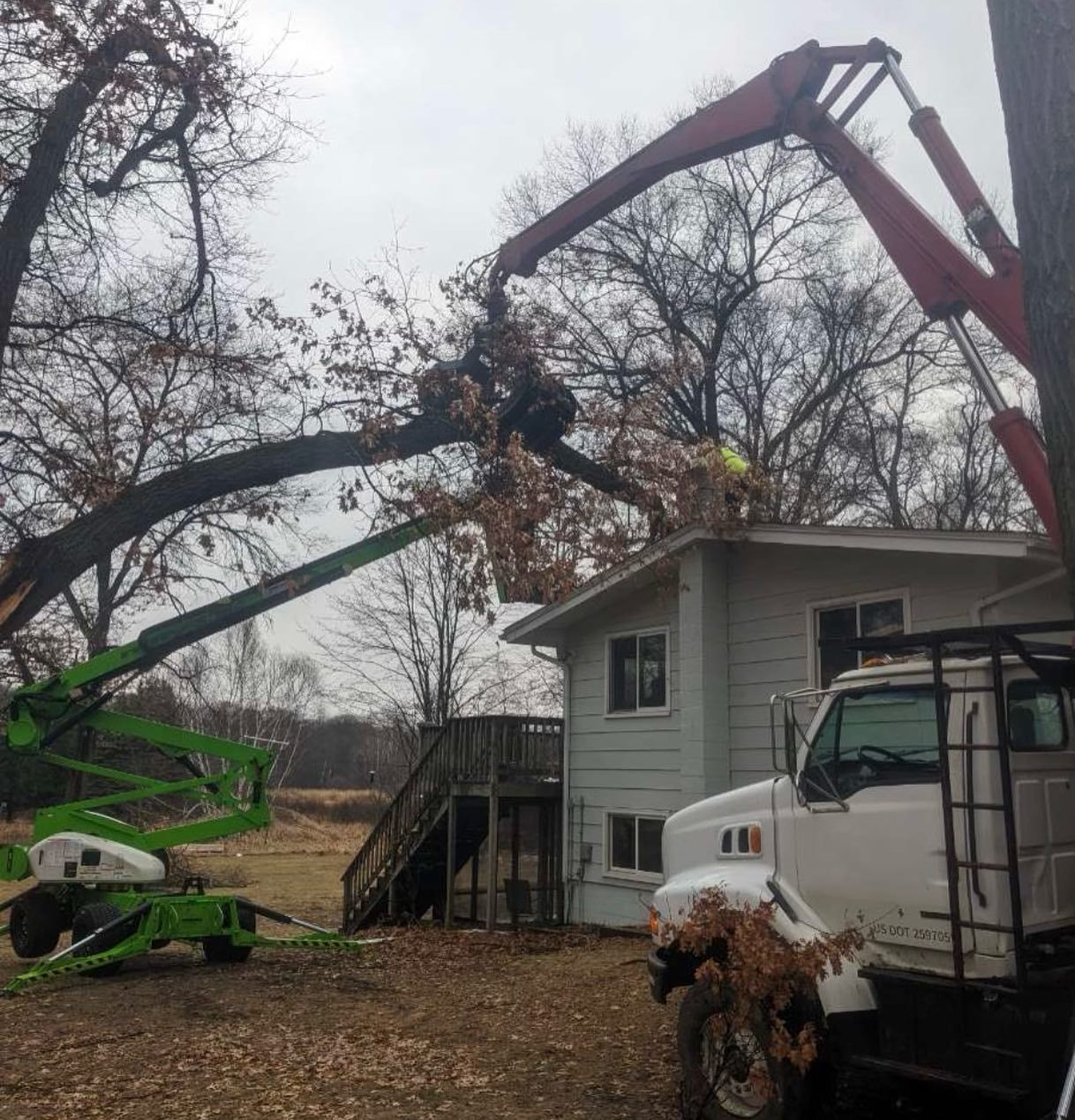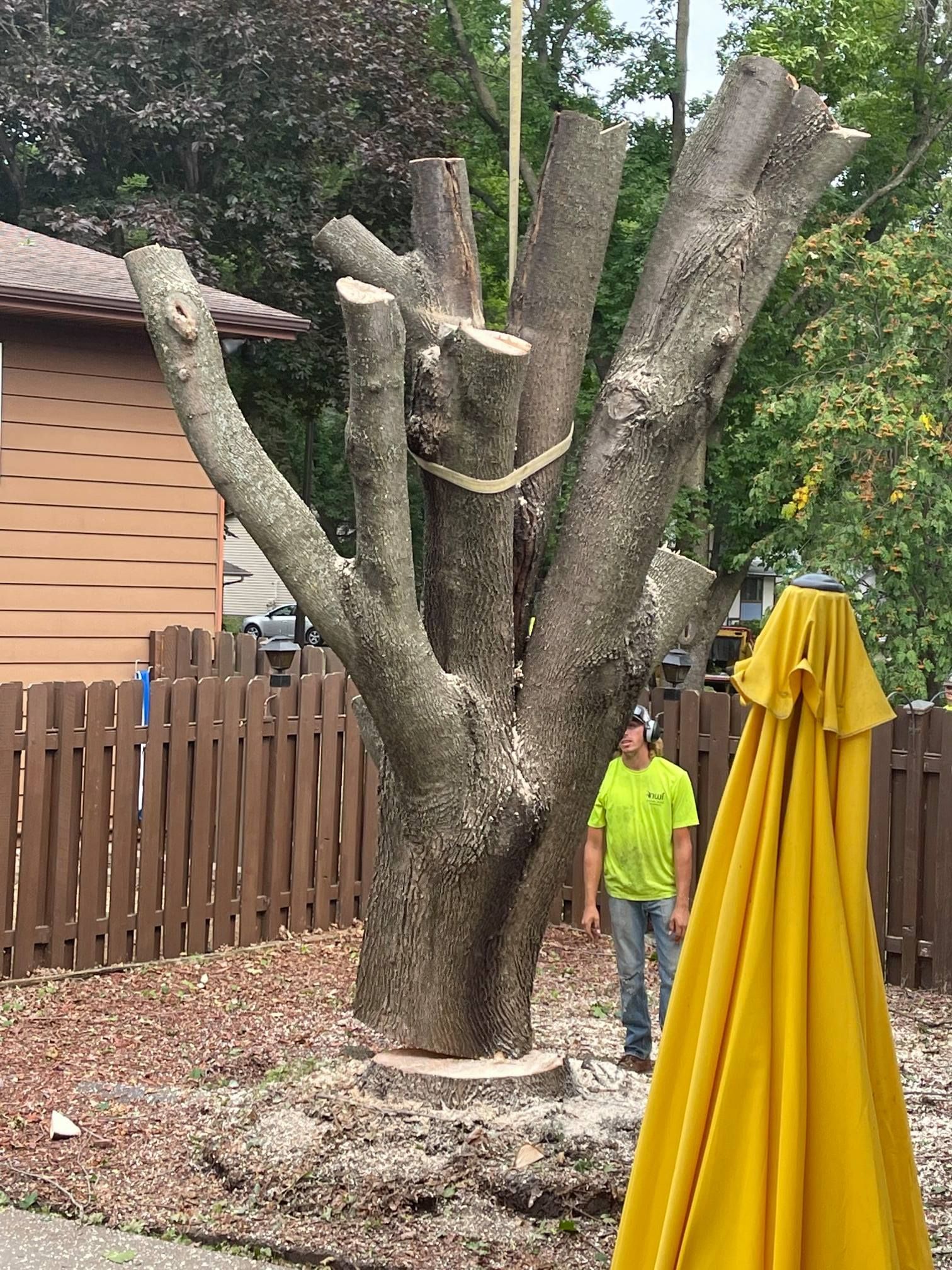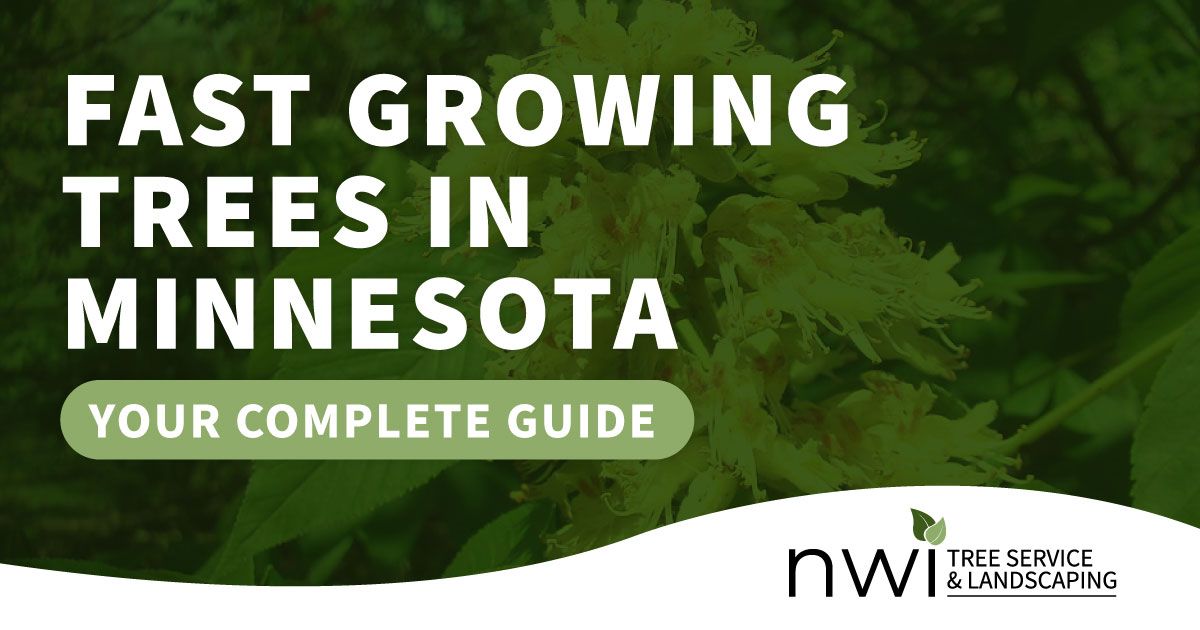HIRING A PROFESSIONAL ARBORIST IN Minneapolis
What is an ARBORIST?
An arborist is a trained and certified tree care professional who possesses a deep understanding of tree biology, health, and maintenance. Also known as tree surgeons, arborists are skilled in a wide range of practices including pruning, disease and pest management, tree planting, and hazard assessment. With their expertise, arborists ensure the well-being of trees by providing proper care, promoting safety, and enhancing the beauty and longevity of these essential components of our natural environment.
Services Arborists are trained to do:
- Trimming and Pruning
- Tree Removal
- Emergency Storm Work
- Health Diagnostics
- Disease Treatment
- Pest Management
- Tree Planting Advice
- Tree Preservation
- Tree Risk Assessment
- Consultation on Tree-related Matters
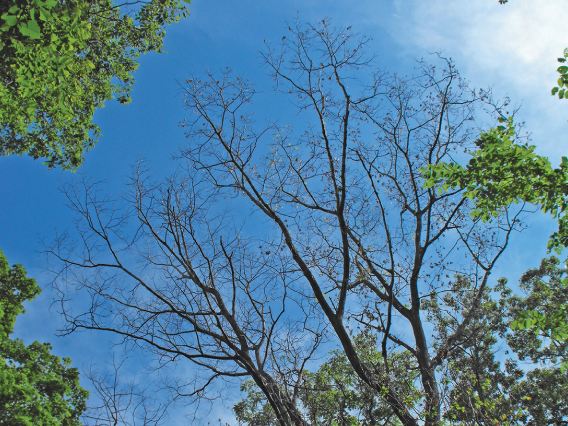

Meet Nic: Minnesota's Certified Arborist
Nic is a certified arborist with 6+ years experience in the tree care industry locally. He specializes in identifying problems with trees and determining the best solutions for the trees/property. He is very passionate about protecting and maintaining urban forestry.
ISA CERTIFIED ARBORIST® & SERVICE REP
MN-4982A
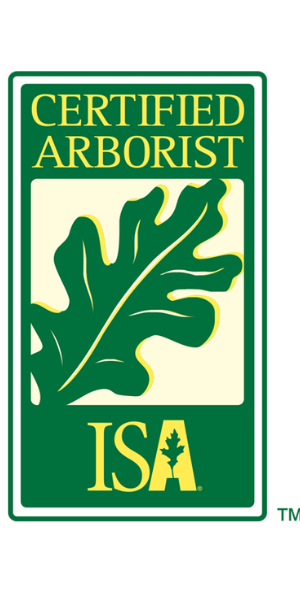
Proper tree care requires expertise, knowledge, and experience that only a trained arborist can provide.
Serving Minneapolis St. Paul, Hugo, White Bear, Stillwater & Surrounding Areas
Top Reasons To Hire A Certified Arborist In Minneapolis & St. Croix Valley
How to know when it’s time to call an arborist?
Below we have compiled many common issues that arise in St. Croix Valley related to tree and plant health: Contact our Certified Arborist for a Free Consultation
Unusual Growth Patterns:
If you notice abnormal growth, such as excessive leaning, one-sided growth, or a sudden increase in sprouts, it could be a sign of underlying issues that require professional assessment.
Disease Symptoms:
Wilted leaves, discoloration, or visible lesions on the bark are signs of potential disease. An arborist can diagnose the problem and recommend appropriate treatment.
Pest Infestations: The presence of pests like borers, aphids, or scale insects can weaken and damage trees. An arborist can identify the pests and recommend effective control measures.
Structural Issues: Cracks, splits, or significant cavities in the trunk or branches can compromise the structural integrity of the tree. An arborist can assess the extent of the damage and suggest necessary actions.
Dead or Dying Branches: Dead branches can pose safety risks as they can fall unexpectedly. An arborist can safely remove these branches and prevent potential hazards.
Leaning or Uprooted Trees: If a tree is leaning excessively or has partially uprooted due to wind, storms, or other factors, an arborist can determine if it can be saved or needs to be safely removed.
Visible Fungus: Fungal growth like mushrooms at the base of a tree or on its trunk can indicate internal decay. An arborist can evaluate the extent of the decay and recommend appropriate measures.
Excessive Branches Overhanging Structures: Overgrown branches near buildings, power lines, or other structures can be hazardous. An arborist can prune these branches safely to prevent potential damage.
Property Construction: If you're planning construction or landscaping projects near trees, consult an arborist to prevent accidental damage to tree roots or trunks.
Seasonal Pruning: Regular pruning promotes tree health and prevents hazardous branches from falling. A certified arborist can perform proper pruning techniques without harming the tree.
Tree Planting: When planting new trees, an arborist can recommend suitable species for your location, ensuring they are placed in optimal locations for growth and future safety.
Tree Removal: If a tree is dead, dying, or poses a safety risk, an arborist can safely remove it while minimizing damage to surrounding areas.
Emergency Situations: After storms or extreme weather events, it's important to have an arborist assess the condition of your trees to determine if they've been damaged and need attention.
Falling Limbs: If branches are falling from your trees without apparent cause, it could indicate an underlying issue that requires professional evaluation.
-
1. Expertise and Knowledge
Professional arborists have undergone rigorous training and education in the field of tree care. Whether it's identifying diseases, pests, or structural issues, arborists have the knowledge and expertise to provide accurate assessments and solutions.
-
2. Safety First
Without the proper training and equipment, attempting to prune, trim, or remove trees can be extremely dangerous. Professional arborists are well-versed in safety protocols and practices. They have the necessary gear and tools to ensure the safety of both themselves and your property.
-
3. Proper Tree Pruning and Maintenance
Improper pruning techniques can lead to weakened trees, disease susceptibility, and unsightly appearances. Professional arborists understand the science behind pruning – when to prune, which branches to trim, and how to encourage healthy growth patterns.
-
4. Disease and Pest Management
Professional arborists have an in-depth understanding of common tree ailments, their symptoms, and the appropriate strategies to combat them. They can administer treatments, recommend preventive measures, and implement integrated pest management techniques to keep your trees resilient and vibrant.
-
5. Tree Removal and Hazard Assessment
In cases where a tree needs to be removed due to disease, structural instability, or safety concerns, arborists are equipped to handle the task safely and efficiently.
-
6. Knowledge of Local Regulations
Tree care often involves adhering to local regulations and ordinances regarding tree removal, pruning, and planting. Professional arborists are well-versed in these regulations and can guide you through the permitting process if required.
-
7. Environmental Stewardship
Trees contribute to biodiversity, combat climate change by absorbing carbon dioxide, and provide habitat for countless species. Professional arborists understand these ecological roles and strive to maintain and enhance the health of trees, benefiting both your property and the planet.
By partnering with NWI for your tree care needs, you can be confident that your landscape will remain safe, healthy, and beautiful for years to come.
Contact us today
to schedule a consultation and discover how our comprehensive tree care services can benefit your property.
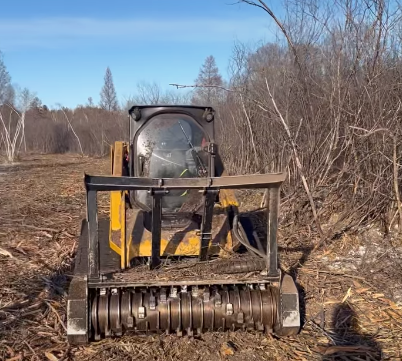
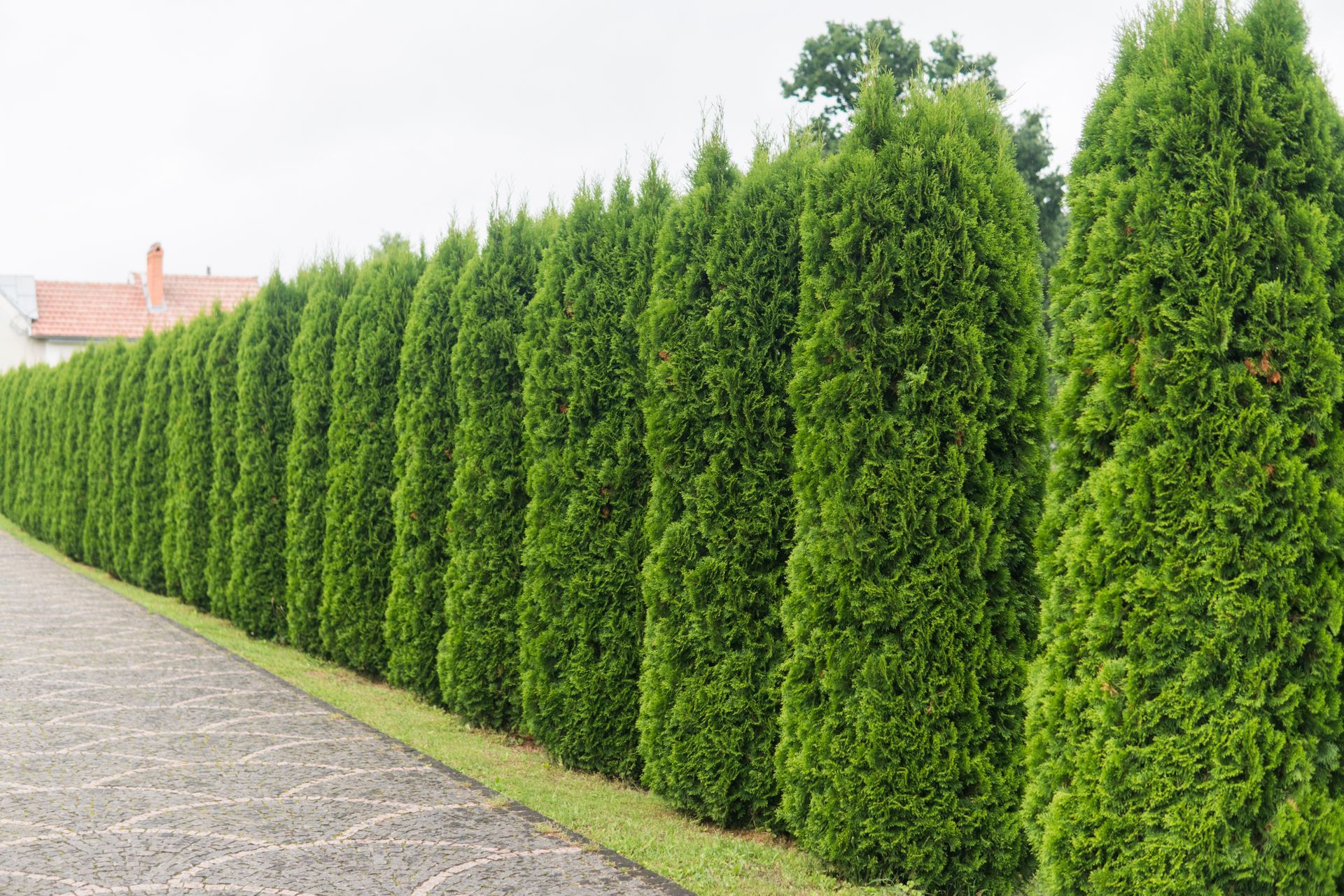
Submit A Form:
Get In Touch
We are here to help you take care of your tree care needs. Get in touch with us today to schedule your free consultation!
© 2023 All Rights Reserved | North Woods Industries, LLC | Privacy Policy

